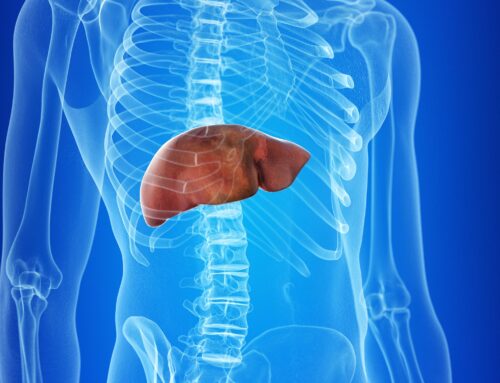As we age, concerns about brain health naturally arise. Whether due to a family history of cognitive disorders or simply a desire to maintain mental sharpness, understanding how to cope with brain aging is essential. While aging is inevitable, there are proactive steps we can take to slow the process and preserve cognitive function.
How Does the Brain Change with Age?
Like the rest of the body, the brain changes as we age. These changes often become noticeable as early as our 30s and 40s when cognitive abilities are at their peak. By our 50s, many individuals experience a plateau, and cognitive decline becomes more apparent by the 60s and 70s. This decline can have various manifestations, such as difficulties with memory, problem-solving, and multitasking.
One of the most significant changes is the shrinkage of the frontal cortex, the part of the brain responsible for higher-level functions like problem-solving and word processing. This natural age process can lead to challenges in retaining large volumes of information and switching between tasks. However, these changes are a normal part of aging and do not necessarily signal a severe cognitive disorder.
Is Cognitive Decline Inevitable?
While some cognitive slide is a natural part of aging, it does not mean we are destined to lose our mental sharpness entirely. Forgetfulness is common as we age, but it is not an immediate cause for concern. Many factors, including lifestyle choices and environmental influences, determine how the brain ages.

How to Cope with Brain Aging
Elderly brain care is a lifelong commitment. The earlier we start caring for our brains, the better we can mitigate the effects of aging. Here are some effective strategies:
Are Alzheimer’s Disease and Dementia the Same Thing?
Dementia is an umbrella term that describes a downfall in cognitive function that interferes with daily life. The most common cause of dementia is Alzheimer’s disease, but it is not the only one. Other conditions, such as Lewy body dementia, frontotemporal dementia, and vascular dementia, can also lead to similar symptoms.
Alzheimer’s disease is a progressive condition that slowly destroys memory and cognitive skills. Early symptoms include forgetfulness and difficulty with tasks that require concentration. As the disease progresses, individuals may struggle with language, disorientation, and mood swings. Ultimately, Alzheimer’s leads to severe cognitive impairment, making it difficult for individuals to carry out even the simplest tasks.

How Hospice Care Supports Patients with Alzheimer’s and Dementia
Caring for a loved one with Alzheimer’s or dementia can be highly challenging, especially as the disease progresses to its later stages. Hospice care offers a compassionate solution, providing specialized support for patients and their families.
Hospice care for dementia patients focuses on improving their quality of life by addressing both physical and emotional needs. Since Alzheimer’s and dementia are progressive conditions, hospice care teams work to manage pain, agitation, confusion, and other symptoms. They also provide support to caregivers, helping them cope with the emotional task of caring for a loved one with a degenerative condition.
The Importance of Early Intervention
While it is crucial to provide care and support for those already experiencing cognitive decline, early intervention is just as necessary. By adopting healthy lifestyle habits early on, we can significantly reduce the likelihood of developing conditions like Alzheimer’s and other forms of dementia.
Aging is a natural part of life, but it does not have to mean losing our cognitive abilities. By understanding how the brain changes with age and taking proactive steps to keep our brain healthy, we can get a higher quality of life as we grow older. Whether it is through mental stimulation, physical exercise, or seeking the proper care for cognitive disorders, there are many ways to cope with brain aging and preserve our mental sharpness. For those facing more serious cognitive challenges, hospice care provides essential support, ensuring that patients and their families receive the care they need during this difficult time.
At Ascend Hospice Care, the goal is to help patients remain comfortable in their own homes as their condition progresses. This approach includes providing pain relief, symptom control, and emotional support. The hospice care team collaborates with the patient’s family to develop a care plan tailored to the patient’s specific needs, ensuring that everyone involved feels supported and informed.




